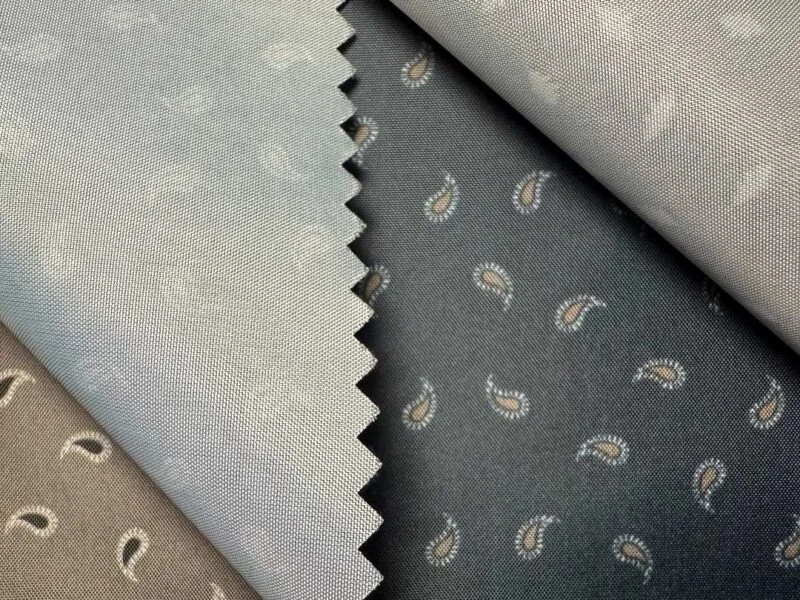
Introduction:Recycled Fabrics:
In an era where environmental awareness is at its peak, the fashion industry is undergoing a remarkable transformation. Recycled-fabrics have emerged as a sustainable alternative to traditional textiles, offering numerous advantages for both manufacturers and consumers. This article delves into the key benefits of recycled fabrics, highlighting their features and their role in shaping a greener future. Products like Eco-Tex Recycled Polyester and GreenWeave Nylon Blend serve as prime examples of this innovative material revolution.
What Are Recycled Fabrics?
Recycled-fabrics are made by repurposing waste materials, such as plastic bottles, old textiles, and industrial scraps, into new fibers. Through advanced processing techniques, these discarded items are transformed into high-quality fabrics suitable for various applications, including apparel, upholstery, and outdoor gear.
Key Features and Benefits of Recycled Fabrics
1. Environmental Impact
One of the most significant advantages of recycled-fabrics is their positive environmental footprint. By diverting waste from landfills and reducing the reliance on virgin resources, these fabrics help mitigate pollution and decrease greenhouse gas emissions.
For instance, Eco-Tex Recycled Polyester is crafted from post-consumer plastic bottles, saving energy and water while reducing the demand for petroleum-based raw materials.
2. Energy and Resource Efficiency
Producing recycled fabrics consumes less energy compared to manufacturing virgin textiles. The recycling process typically uses up to 50% less energy, conserving precious resources and reducing the overall carbon footprint.
Products like GreenWeave Nylon Blend exemplify this efficiency by incorporating recycled nylon fibers that require significantly less water and energy during production.
3. Durability and Performance
Contrary to misconceptions, recycled fabrics do not compromise on quality or performance. Advanced technologies ensure that these textiles are just as durable, versatile, and functional as their non-recycled counterparts.
For example, Eco-Tex Recycled Polyester is widely used in outdoor clothing due to its excellent moisture-wicking and quick-drying properties, making it ideal for activewear and sportswear.
4. Cost-Effectiveness for Manufacturers
Using recycled materials can also be cost-effective for manufacturers. By repurposing waste, companies reduce the costs associated with sourcing raw materials. Additionally, recycled fabrics often come with certifications like GRS (Global Recycled Standard), which adds value and credibility to the product.
5. Consumer Appeal and Brand Image
Consumers today are more conscious of their purchasing decisions. Offering products made from recycled fabrics helps brands align with customer values, enhancing their image as environmentally responsible businesses. Sustainable options like GreenWeave Nylon Blend are increasingly popular among eco-conscious shoppers.
Applications of Recycled Fabrics
Recycled fabrics are highly versatile and can be used across various industries:
•Fashion: Dresses, T-shirts, and activewear made from Eco-Tex Recycled Polyester.
•Home Decor: Upholstery and curtains crafted from recycled fibers.
•Outdoor Gear: Jackets, tents, and backpacks utilizing GreenWeave Nylon Blend.
Conclusion
Recycled fabrics like Eco-Tex Recycled Polyester and GreenWeave Nylon Blend are paving the way for a sustainable future in textiles. Their environmental benefits, resource efficiency, and consumer appeal make them a crucial element of modern fashion and lifestyle. Embracing recycled materials is not just a trend; it’s a commitment to preserving our planet for generations to come.
recycled fabrics, sustainable fashion, Eco-Tex Recycled Polyester, GreenWeave Nylon Blend, recycled textiles, GRS certified fabrics, eco-friendly fabrics, benefits of recycled fabrics.

